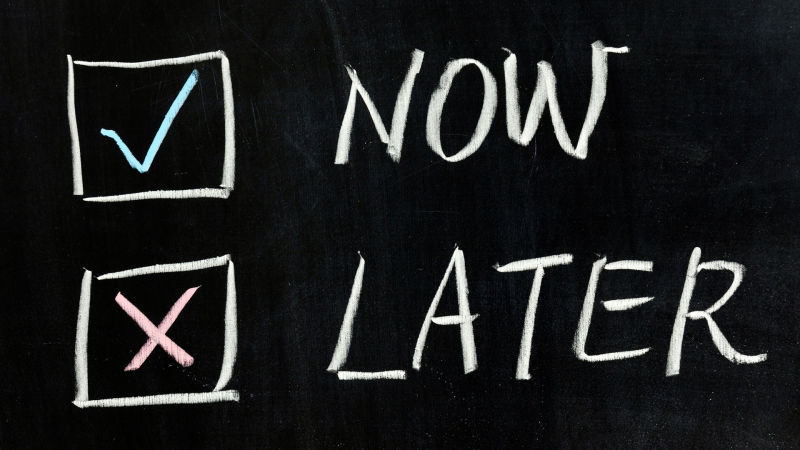Many of us have experienced that feeling of wanting to do anything besides the task in front of us. But what exactly is it that drives people to watch “Law and Order” reruns or alphabetize their bookshelves when a deadline looms? We’ll examine the psychology behind procrastination and how to overcome it. What tasks do you consistently put off? What tips do you have for getting stuff done?
Resources Mentioned During the Show
Focus at Will: Lyricless music service designed to help you focus.
Rescue Time: Blocks access to certain websites during certain times. Can be useful if you are distracted by social media.
Time Timer: Provides a visual cue as to the amount of time a task takes and how much alotted time remains; creates a self-imposed deadline.
Why Writers are the Worst Procrastinators: Meghan McArdle’s article in the Atlantic
Strategies Mentioned by Our Guests
1. Have a lot of things on your to-do list so you can be productive while you procrastinate.
